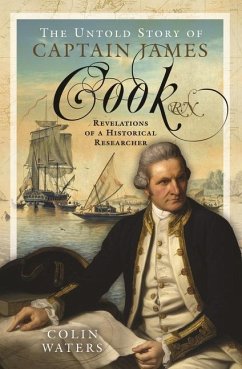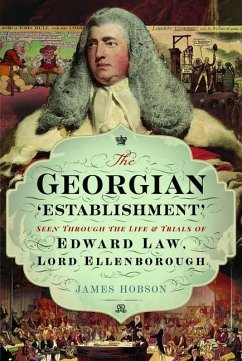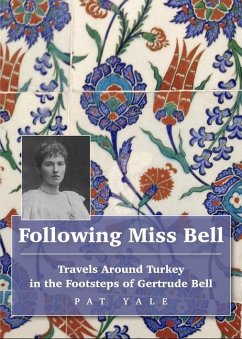
William Phipps and the Diving Bell Bubble
Sunken Treasure, Witches and the Route to Empire
Versandkostenfrei!
Versandfertig in über 4 Wochen
29,99 €
inkl. MwSt.

PAYBACK Punkte
15 °P sammeln!
William Phipps, a self-made treasure hunter and royal governor, rose to prominence but faced controversy in seventeenth-century Boston. William Phipps' rise to fame and fortune was meteoric. His short and hectic life was punctuated with many unlikely achievements, of which raising treasure from the wreck of a Spanish galleon was the most famous. For this, he was knighted. Locating his Spanish prize was no fluke. Phipps had worked on the project for years. As in all his endeavours, success was achieved mainly by force of character. His determination and drive saw him become, in turn, a shipwrig...
William Phipps, a self-made treasure hunter and royal governor, rose to prominence but faced controversy in seventeenth-century Boston. William Phipps' rise to fame and fortune was meteoric. His short and hectic life was punctuated with many unlikely achievements, of which raising treasure from the wreck of a Spanish galleon was the most famous. For this, he was knighted. Locating his Spanish prize was no fluke. Phipps had worked on the project for years. As in all his endeavours, success was achieved mainly by force of character. His determination and drive saw him become, in turn, a shipwright, a mariner, treasure hunter, merchant, general, an admiral, an Indian fighter and a reforming royal governor. Born a backwoodsman, Phipps became one of the wealthiest and most influential men in seventeenth-century Boston. He mixed with members of the colony's most prestigious families, whose members were clerics, magistrates, merchants, and lawmakers. But he was never fully accepted as their equal. Boston was a victim of its own ultra-Puritan origins. Its ruling families were entrenched and committed to its drawn-out (and until this point largely unsuccessful) campaign for independence from England and English laws. Appointed by an English king to govern the province of Massachusetts Bay, Phipps brought his pugnacious, overbearing, no-nonsense approach to bear. He had his admirers, but he also made many enemies. These included his own deputy governor, who thought himself belittled when Phipps put a stop to the hanging of Salem's 'witches'. There were sufficient detractors to persuade the Lords of Trade to investigate, and Phipps was recalled to London to answer his critics. There was no investigation and no hearing. Phipps did not survive long enough. He died in London, his life ended by a flu-like infection. He was just forty-four. Phipps had been a champion for his ungrateful New England colony and even after death an inspiration for a new generation of English inventors and investors. He ignited interest in diving and diving bells, and in new means of finance and investment.












